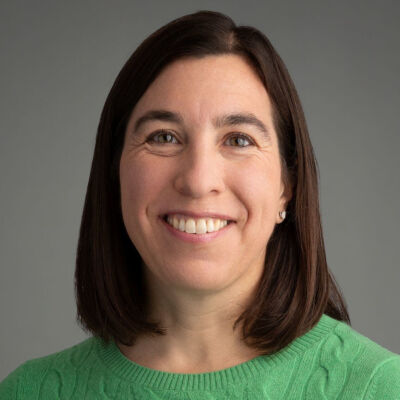Mission Statement:
In the Pediatric Sleep Neurology program we aim to effectively diagnose and treat sleep disorders in pediatric neurology patients. We sleep for approximately 1/3 of our lives. The quality of our sleep can have a multitude of impacts on our overall health and wellbeing. Children with underlying neurologic disorders have a higher risk of primary sleep disorders. At the same time, untreated or undetected sleep disorders can exacerbate underlying neurologic conditions.
Using a combination of in-person or telehealth visits, diagnostic polysomnograms at Wisconsin Sleep, and inpatient combined video EEGs and sleep studies at the American Family Children’s Hospital, we work with both the pediatric sleep and pediatric neurology programs to provide coordinated care for pediatric patients. In addition, we can use these tools to identify sleep disorders with a primary neurologic origin, such as narcolepsy, idiopathic hypersomnia, and circadian rhythm disorders.
Medical Director
| Pediatric to Adult Transitions of Ketogenic Dietary Therapy for Epilepsy Seaborg K, Wang X, Olson C, Felton EA. J Child Neurol. 2020 Nov;35(13):896-900. doi: 10.1177/0883073820938587. Epub 2020 Jul 23. See full publication information |
| Diaphanospondylodysostosis and ischiospinal dysostosis, evidence for one disorder with variable expression in a patient who has survived to age 9 years Legare JM, Seaborg K, Laffin J, Giampietro PF. Am J Med Genet A. 2017 Oct;173(10):2808-2813. doi: 10.1002/ajmg.a.38395. Epub 2017 Aug 17. See full publication information |
| My epilepsy story Seaborg K. Epilepsia. 2014 May;55(5):642-3. doi: 10.1111/epi.12501. Epub 2013 Dec 20. See full publication information |

